It’s a crazy world out there – which may explain why we’re all astrology mad
Stargazing across the UK is booming so what’s really behind our need to finding a new relevance in the zodiac - even if many of us don’t really believe in it
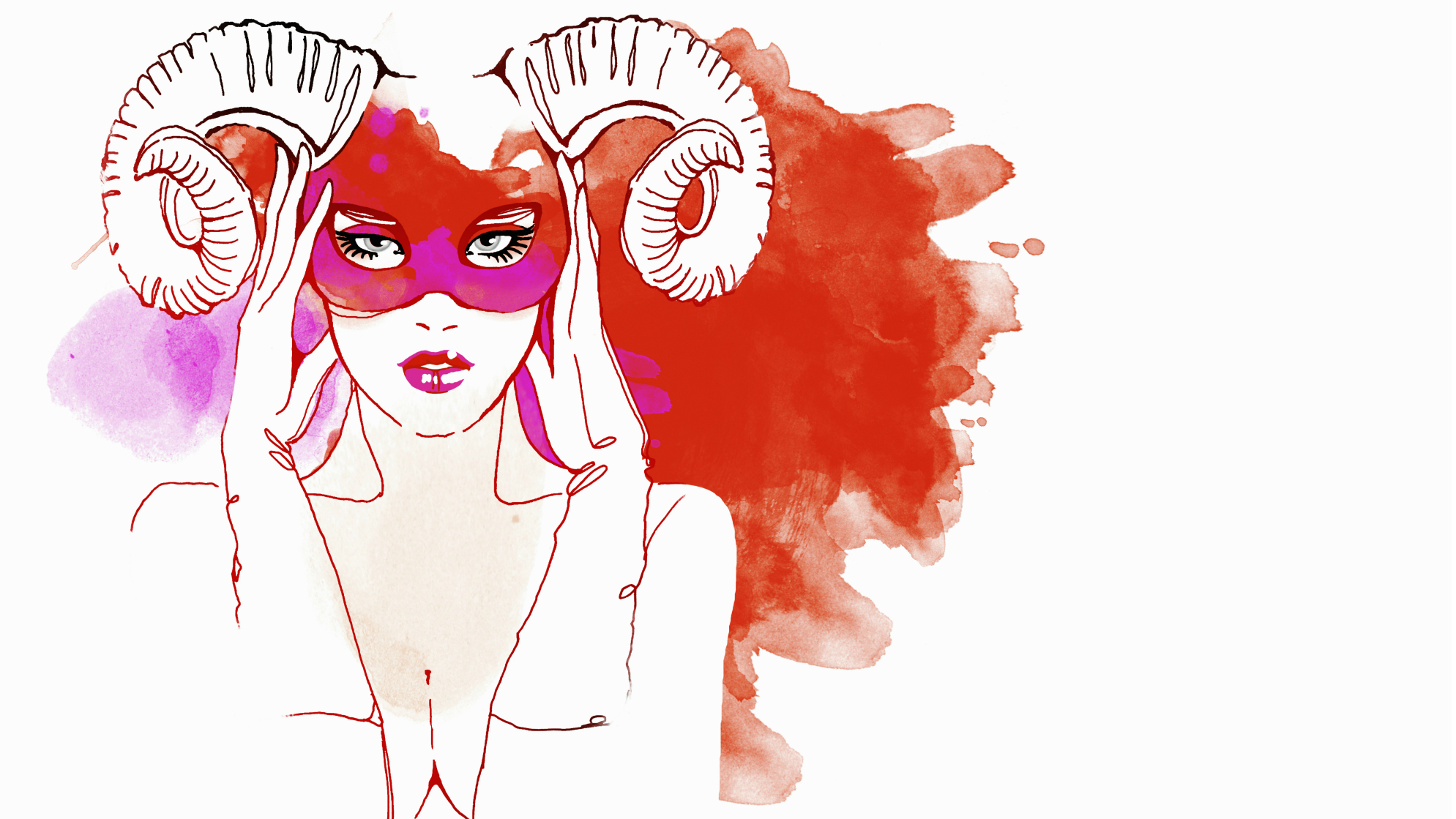

Stargazing across the UK is booming so what’s really behind our need to finding a new relevance in the zodiac - even if many of us don’t really believe in it
Words by Marisa Bate
Last summer, I was sipping fizz at a friend’s hen do. The evening played out much as you might expect: drinking games with willy straws and dancing in bare feet, heels discarded. But there was another part of the festivities that was less predictable: a palm reader. With a crown of flowers perched on her head, she sat at the end of the garden and studied our manicured hands, telling us in hushed tones if we’d have babies, live abroad, be successful or find love. Even the most cynical lined up.
Hiring a palm reader for a hen do firmly dated us in 2018 because it was at this time that the astrology and fortune telling revival had fully arrived. The year before, in 2017, trend forecasting agency WGSN, had declared “new spirituality is the new norm.'' In the UK, 60,000 people identified as pagan and the Cut reported a 150% jump in the readership of horoscopes over the last two years.
Closer to home, and suddenly, as if receiving a joint memo I’d be left off, friends of mine started to see an Angel Card reader - a middle-aged woman who worked out of a hotel bar in London Bridge for £40 an hour. Along with her cards, she prescribed mantras, positive thinking and self-belief. ‘She made me feel like I had more control,’ says one friend. ‘I was feeling so overwhelmed at being single, I wasn’t really happy in my job. And she was helping me see a different way forward.’ Did you believe her? ‘Most of the time, yes. There were plenty of things she said that I still have no idea how she knew, like the types of relationships I had with ex-partners.’
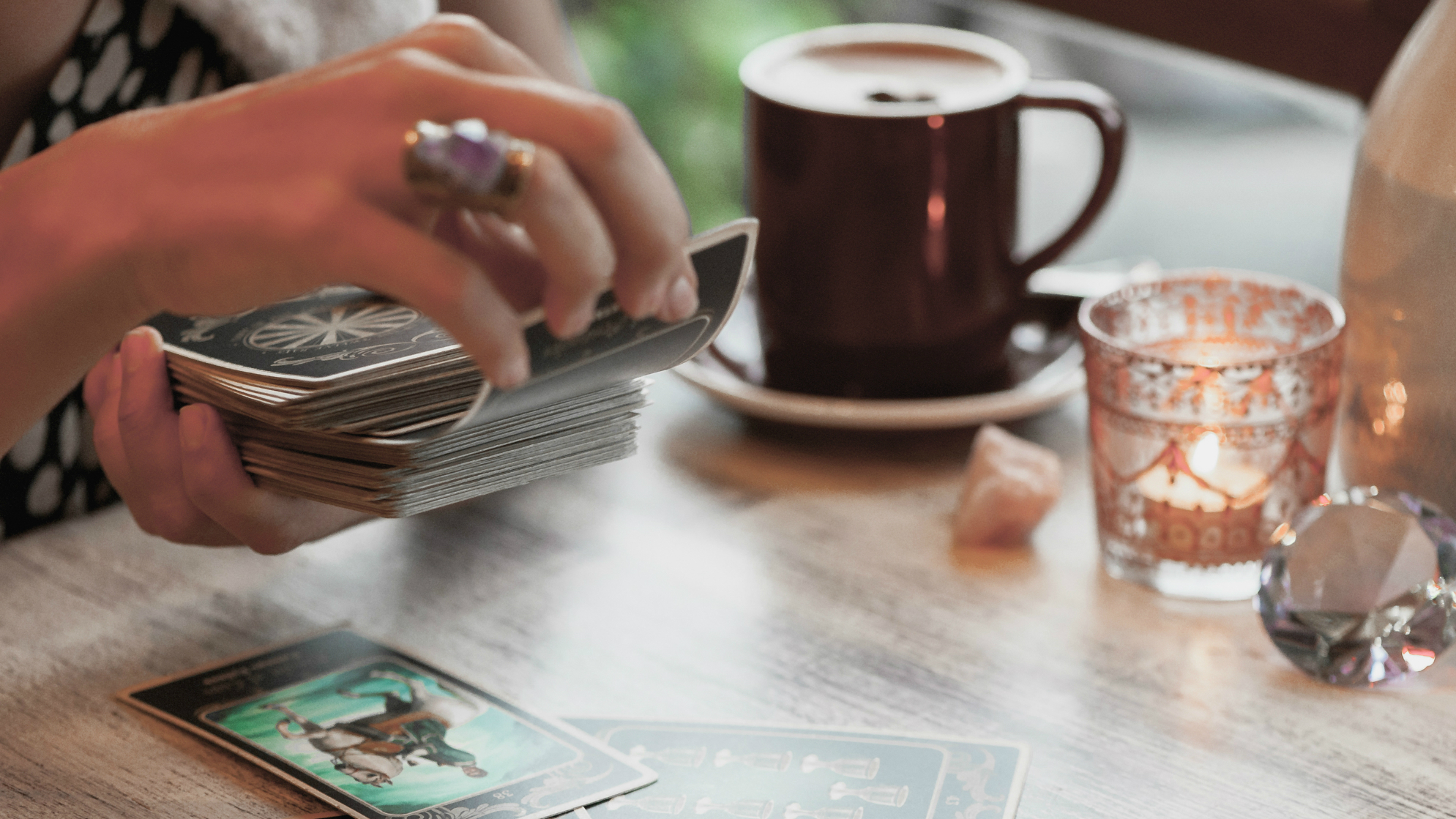
Its popularity was elsewhere too: a former colleague read the cards between her and her friends, and it was even used as an interview format at the online magazine we were working at. Some women I knew started going to moon parties. I never quite understood what actually went down but it was something to do with the moon, menstrual cycles and a space to tell the universe what you wanted. That summer, it felt like we'd all discovered a (2000 year old) magic potion that would make everything turn out okay.
I’d grown up with Mystic Meg and when astrology returned, it wasn’t just back, it was cool. Adopted by the Insta-crowd, hipster witches, modern covens, astrology, fortune telling and an ambiguous spirituality had reappeared as a startling hip millennial, wearing Celine, talking about divine feminie energy, and offering comfort in a chaotic world. Subsequently, its rise, reported in everything from The New Yorker and the Atlantic, Man Repeller and The Guardian, has been put down to a soothing balm for the post-2008 generation who have been left with debt, fewer job options and a world ravaged by highly-flammable political turmoil. Furthermore, in our truth-rejecting, don’t-believe-what-you-read era, maybe we’re open to ‘alternative facts’, (a phrase, you might recall, used by Kellyanne Conway to defend Trump).
Marie Claire Newsletter
Celebrity news, beauty, fashion advice, and fascinating features, delivered straight to your inbox!
After all, the perceived wisdom of yesterday has been proved wrong. We *can’t* work hard, save up and buy a house. That doesn't work anymore, so what, exactly, will our future hold? This isn’t a new reaction. According to the New Yorker, the first newspaper astrology column was published in the Sunday Express in August 1930 after the Great Crash. Called ‘What the stars foretell for the New Princess’, referring to Princess Margaret, it was so popular that the paper made it a regular feature.
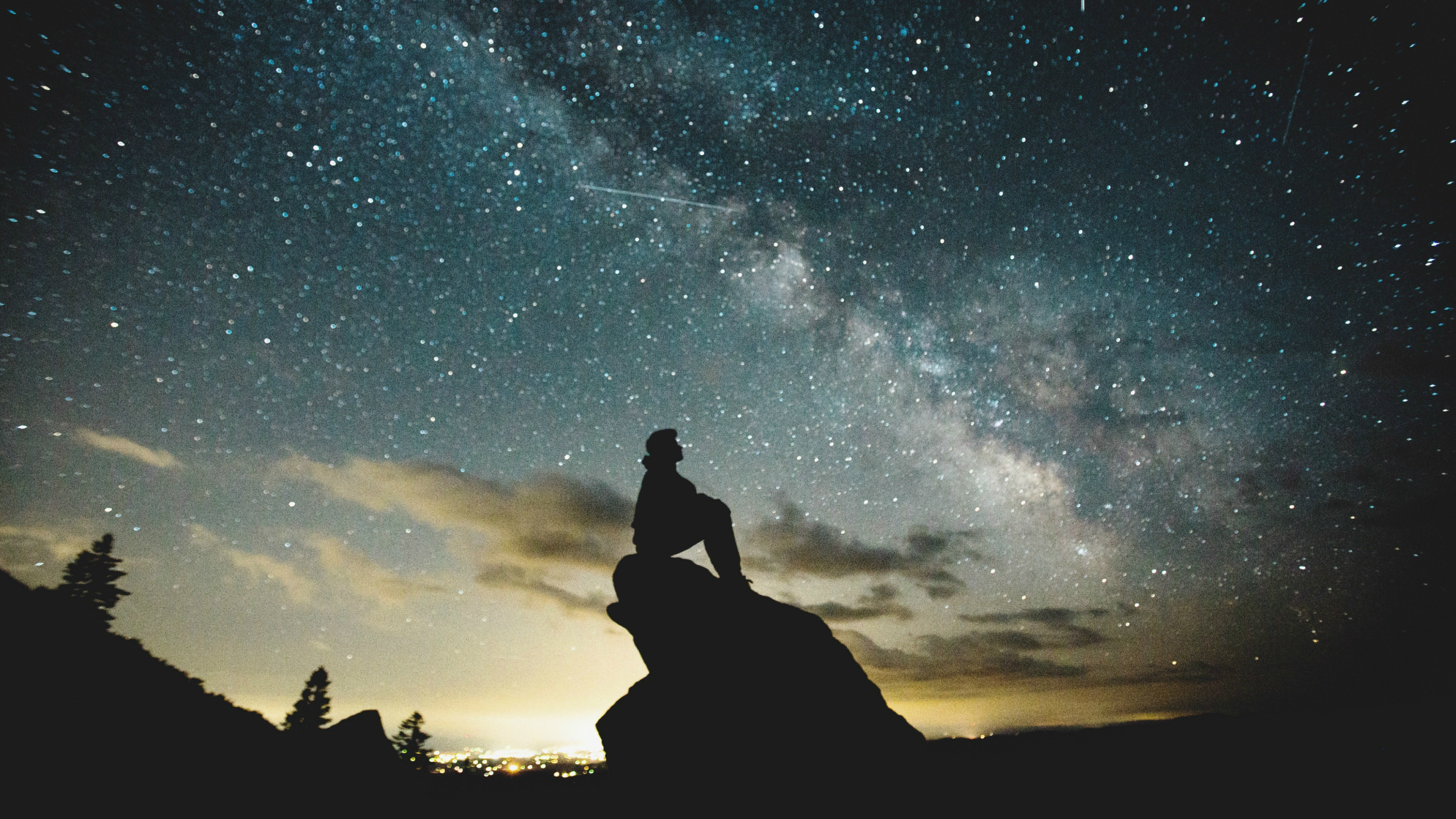
Kim, who is 36 and lives in Kent, swears by astrology. Like her mum, she’s a capricorn, and when she was growing up she read all her mum’s books about capricorns and their behaviour traits. She’s carried this into adulthood: ‘I use this to be more aware of my own flaws and how to deal with them,’ she says. ‘It also helps me understand the behaviors of others.’ Arguably, astrology is the natural extension of our self-help, self-care, Goop-ified landscape. It’s another way to focus ourselves as the centre of the narrative, as the protaganist, in ever-more forensic detail, trying to understand ourselves and what works best for us. In our strange age of both individualism, but also the feeling of non-descript facelessness that comes with the never ending scrolling of dating apps, the fact the our story might be written in the stars or that we each have a unique pattern of behaviour aligning with the planets, puts us firmly in the centre of the universe, quite literally.
It is also a big business: there’s apps, podcasts and now famous instagram accounts that attract hundreds of thousands of people like Astrotwins and Astro Poets. Soho House has their own astrologer. Head to the high street and find your star sign on rings, necklaces and T-shirts. There's countless events online and offline. It’s cast a thousand memes, and increasingly, I see people on social media sharing conversations around mercury in retrograde or a bad message from popular astrology app, Pattern, like it’s the weather or a train timetable - a normal, relatable part of everyday life.
Maybe now it has gone beyond a fashion facing badge of honour to be shared on social media but a crutch for young people, a generation who are, not incidentally, experiencing unprecedented levels of mental health issues and anxiety. If they can’t figure out why they are feeling this way, maybe the stars can.
Once mocked, astrology has been adopted by younger (mostly) women, according to most recent UK poll, and viewed with a certain amount of respect, reliability, purpose and cool. Understanding your star sign, and what astrology has in store for you, is now not much different than appreciating the benefits of seasonal eating or mindfulness - an extra filter to understand the world through, no longer a fad, but like a Fitbit, part of your everyday, helping you navigate the world and be better. And to be honest, as long as the unsettling times remain, frankly we need all the comfort we can get.
Maria Coole is a contributing editor on Marie Claire.
Hello Marie Claire readers – you have reached your daily destination. I really hope you’re enjoying our reads and I'm very interested to know what you shared, liked and didn’t like (gah, it happens) by emailing me at: maria.coole@freelance.ti-media.com
But if you fancy finding out who you’re venting to then let me tell you I’m the one on the team that remembers the Spice Girls the first time round. I confidently predicted they’d be a one-hit wonder in the pages of Bliss magazine where I was deputy editor through the second half of the 90s. Having soundly killed any career ambitions in music journalism I’ve managed to keep myself in glow-boosting moisturisers and theatre tickets with a centuries-spanning career in journalism.
Yes, predating t’internet, when 'I’ll fax you' was grunted down a phone with a cord attached to it; when Glastonbury was still accessible by casually going under or over a flimsy fence; when gatecrashing a Foo Fighters aftershow party was easy-peasy-lemon-squeezy and tapping Dave Grohl on the shoulder was... oh sorry I like to ramble.
Originally born and bred in that there Welsh seaside town kindly given a new lease of life by Gavin & Stacey, I started out as a junior writer for the Girl Guides and eventually earned enough Brownie points to move on and have a blast as deputy editor of Bliss, New Woman and editor of People newspaper magazine. I was on the launch team of Look in 2007 - where I stuck around as deputy editor and acting editor for almost ten years - shaping a magazine and website at the forefront of body positivity, mental wellbeing and empowering features. More recently, I’ve been Closer executive editor, assistant editor at the Financial Times’s How To Spend It (yes thanks, no probs with that life skill) and now I’m making my inner fangirl’s dream come true by working on this agenda-setting brand, the one that inspired me to become a journalist when Marie Claire launched back in 1988.
I’m a theatre addict, lover of Marvel franchises, most hard cheeses, all types of trees, half-price Itsu, cats, Dr Who, cherry tomatoes, Curly-Wurly, cats, blueberries, cats, boiled eggs, cats, maxi dresses, cats, Adidas shelltops, cats and their kittens. I’ve never knowingly operated any household white goods and once served Ripples as a main course. And finally, always remember what the late great Nora Ephron said, ‘Everything is copy.’
-
 Kendall Jenner, Em Rata and Simone Ashley love this affordable Aussie fashion brand—and it's finally available in the UK
Kendall Jenner, Em Rata and Simone Ashley love this affordable Aussie fashion brand—and it's finally available in the UKChic styles from down under
By Jazzria Harris
-
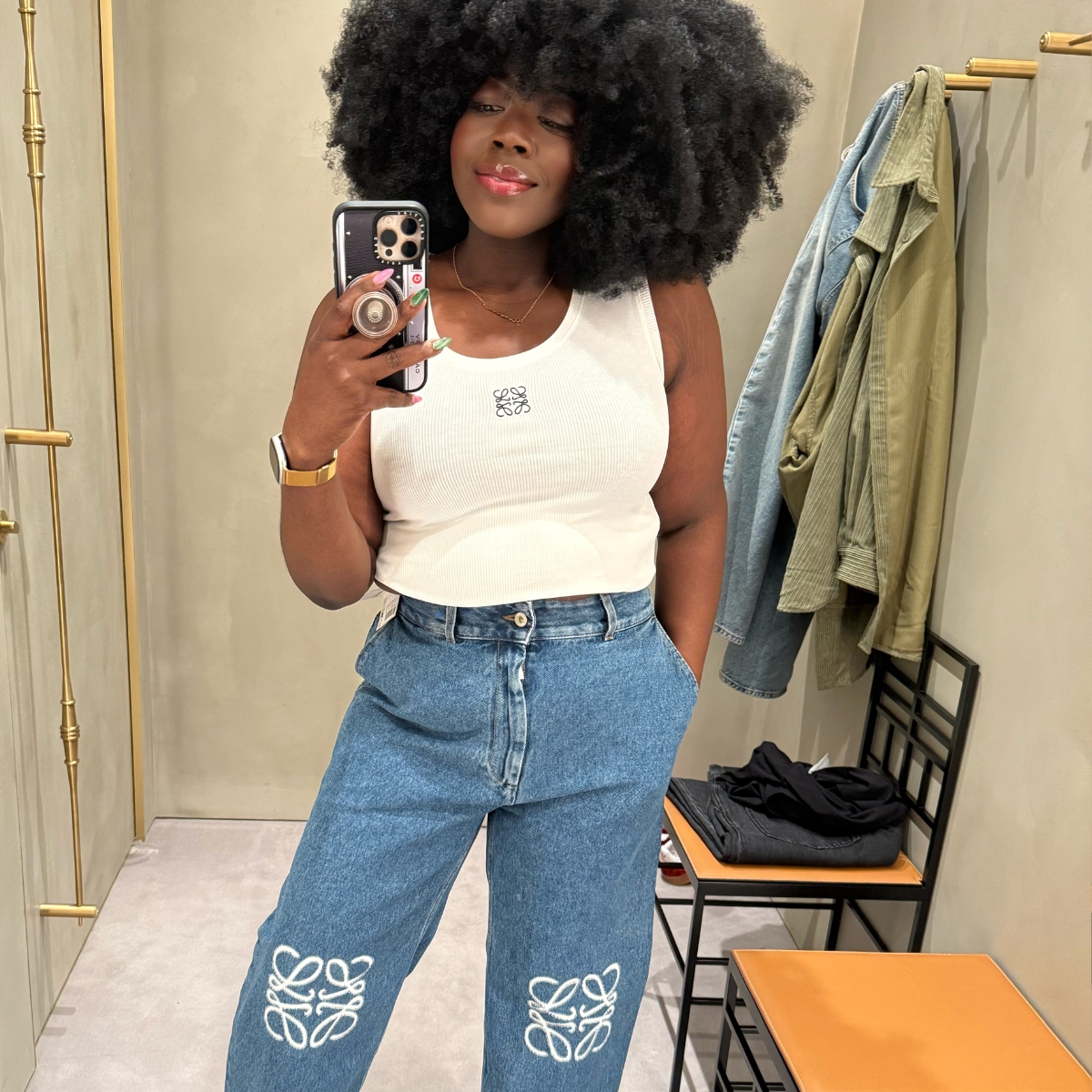 I’m a size 18 Fashion Editor—these are the most flattering plus-size jeans I’ve tried
I’m a size 18 Fashion Editor—these are the most flattering plus-size jeans I’ve triedCurve denim that's worth every penny
By Stephanie Yeboah
-
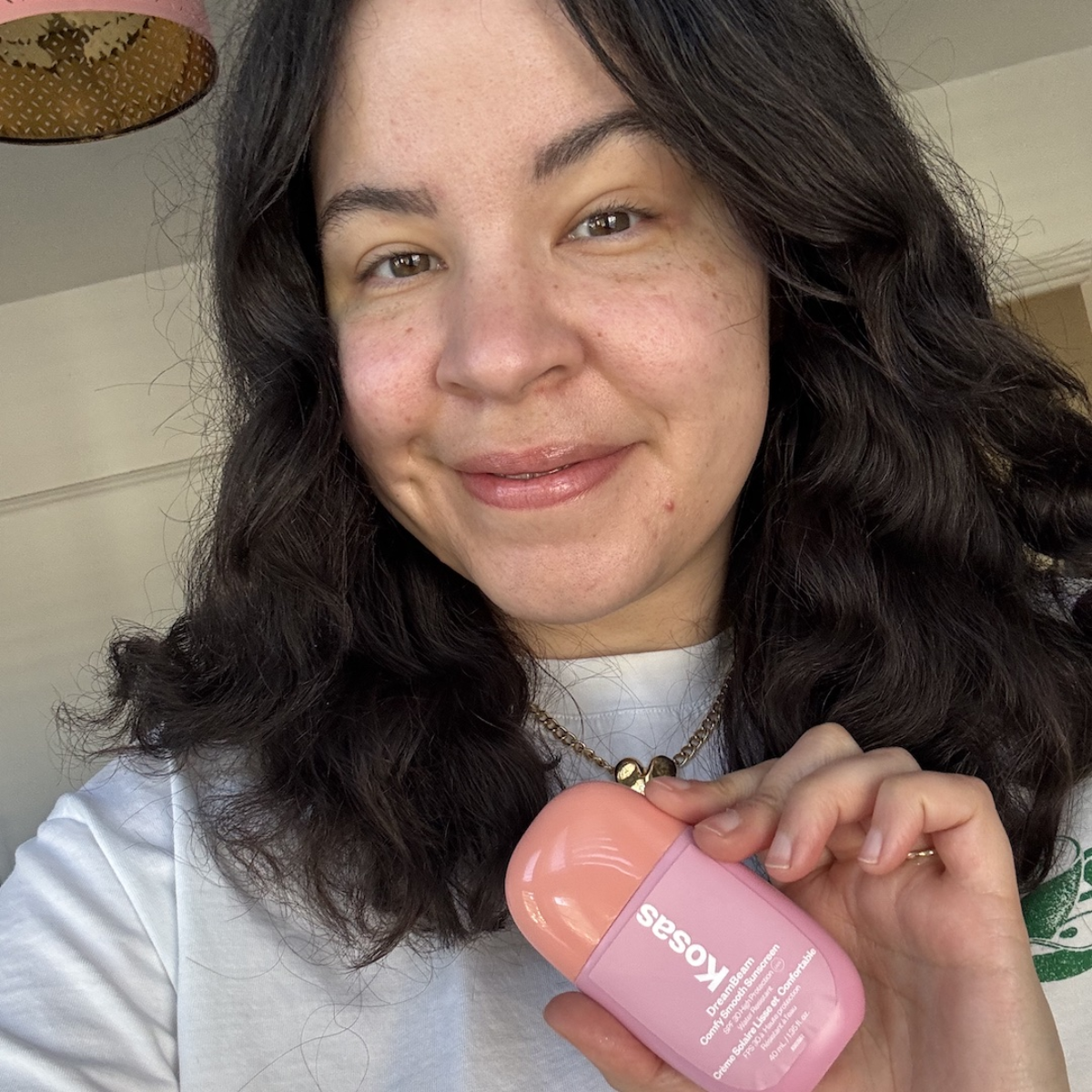 This sunscreen leaves my skin so glowy—it’s basically replaced most of my makeup-bag
This sunscreen leaves my skin so glowy—it’s basically replaced most of my makeup-bagForget the foundation...
By Mica Ricketts
-
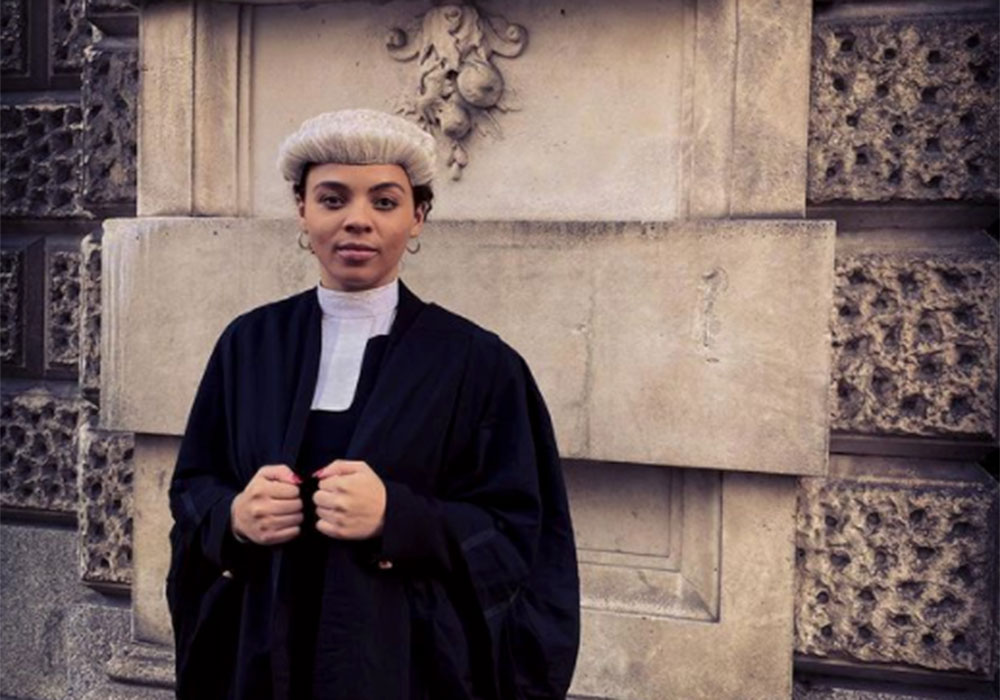 "I'm a Black barrister working in a broken justice system"
"I'm a Black barrister working in a broken justice system"Alexandra Wilson is a 26-year-old barrister speaking out about sexism, racism and class inequality at the very heart of the legal system. She shares her disturbing experiences, and why activism will make a difference.
By Alexandra Wilson
-
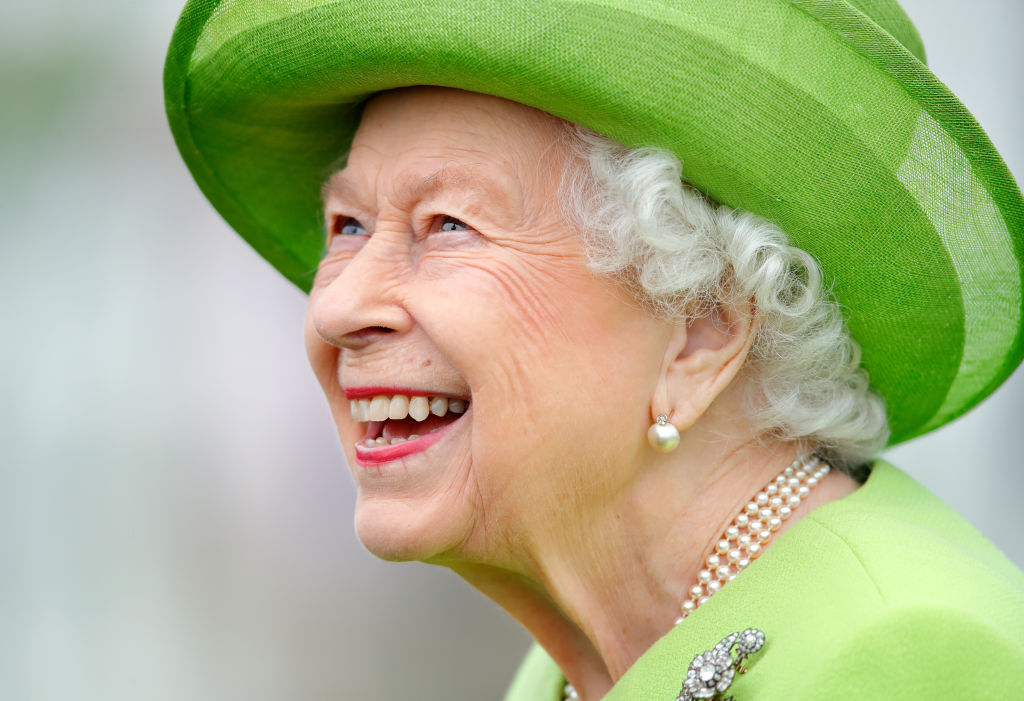 Feeling sad this week? Learn about the 5 steps of grief, plus how to avoid it consuming you
Feeling sad this week? Learn about the 5 steps of grief, plus how to avoid it consuming youAs the nation mourns Her Majesty The Queen.
By Ally Head
-
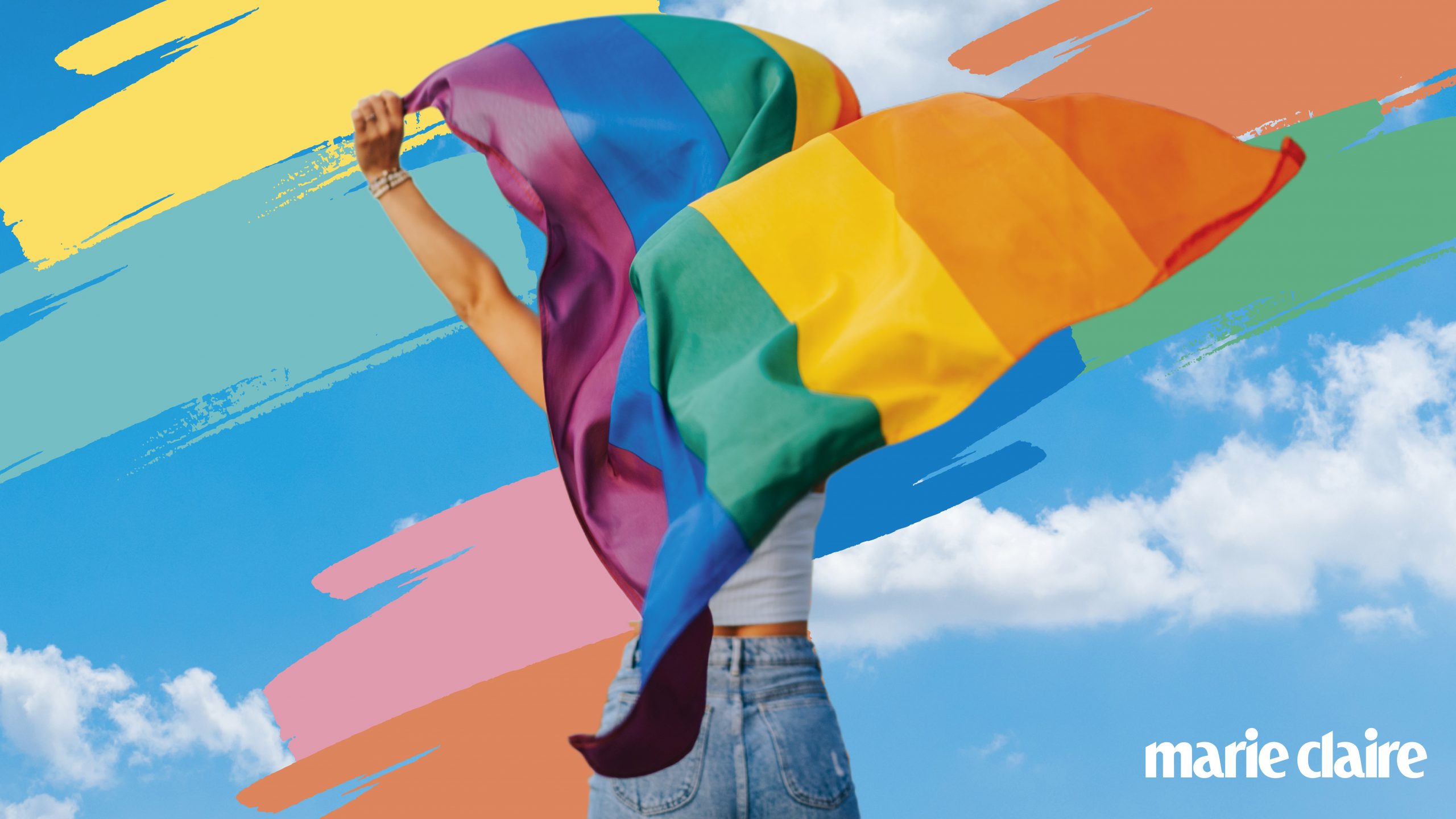 Pride events: 7 IRL and virtual celebrations to add to your calendar for 2021
Pride events: 7 IRL and virtual celebrations to add to your calendar for 2021Ready to celebrate?
By Rosie Grant
-
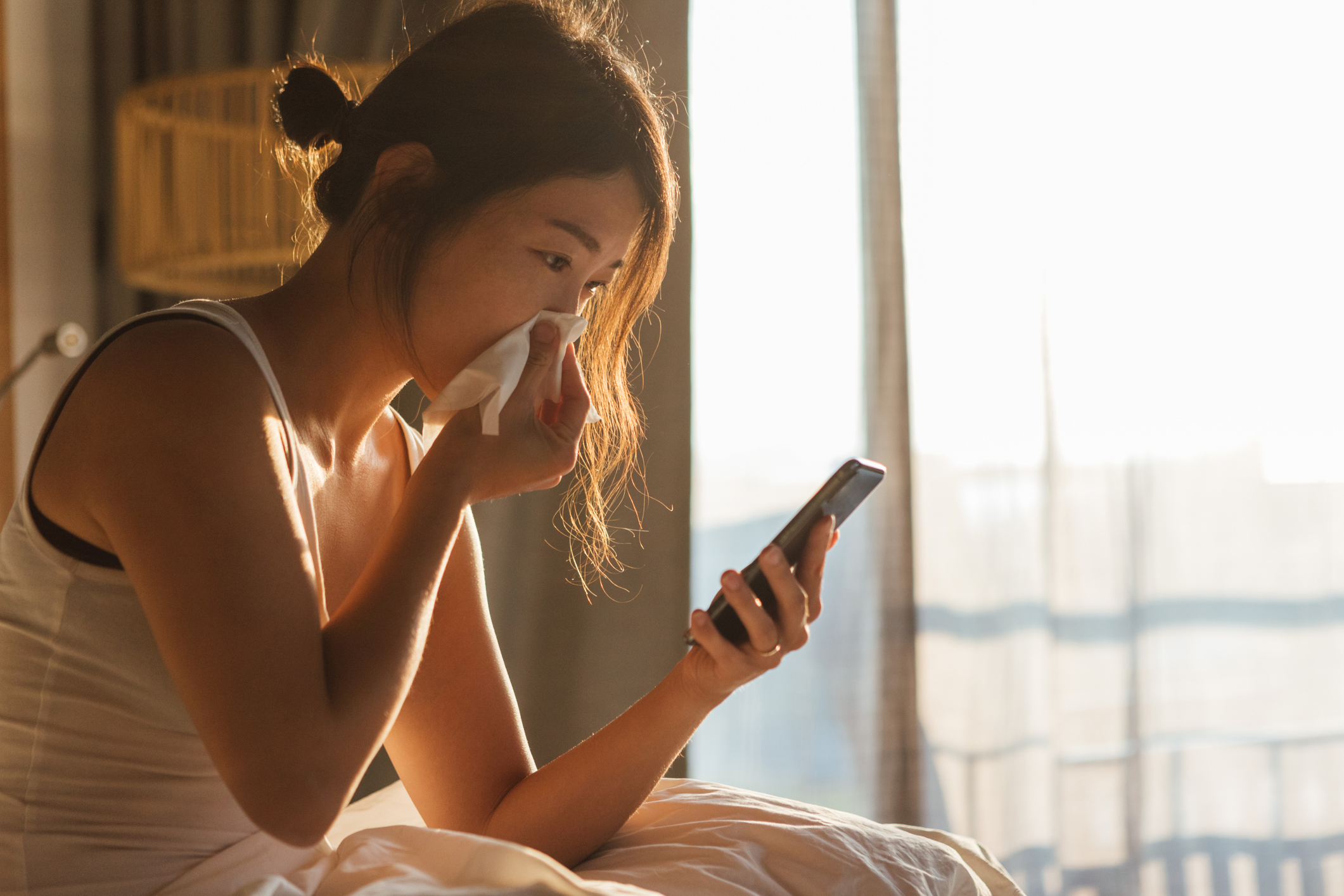 Coronavirus versus cold symptoms: How to know whether you've got COVID 19 or a common cold
Coronavirus versus cold symptoms: How to know whether you've got COVID 19 or a common coldThis is important. Read guidance from the experts now.
By Ally Head
-
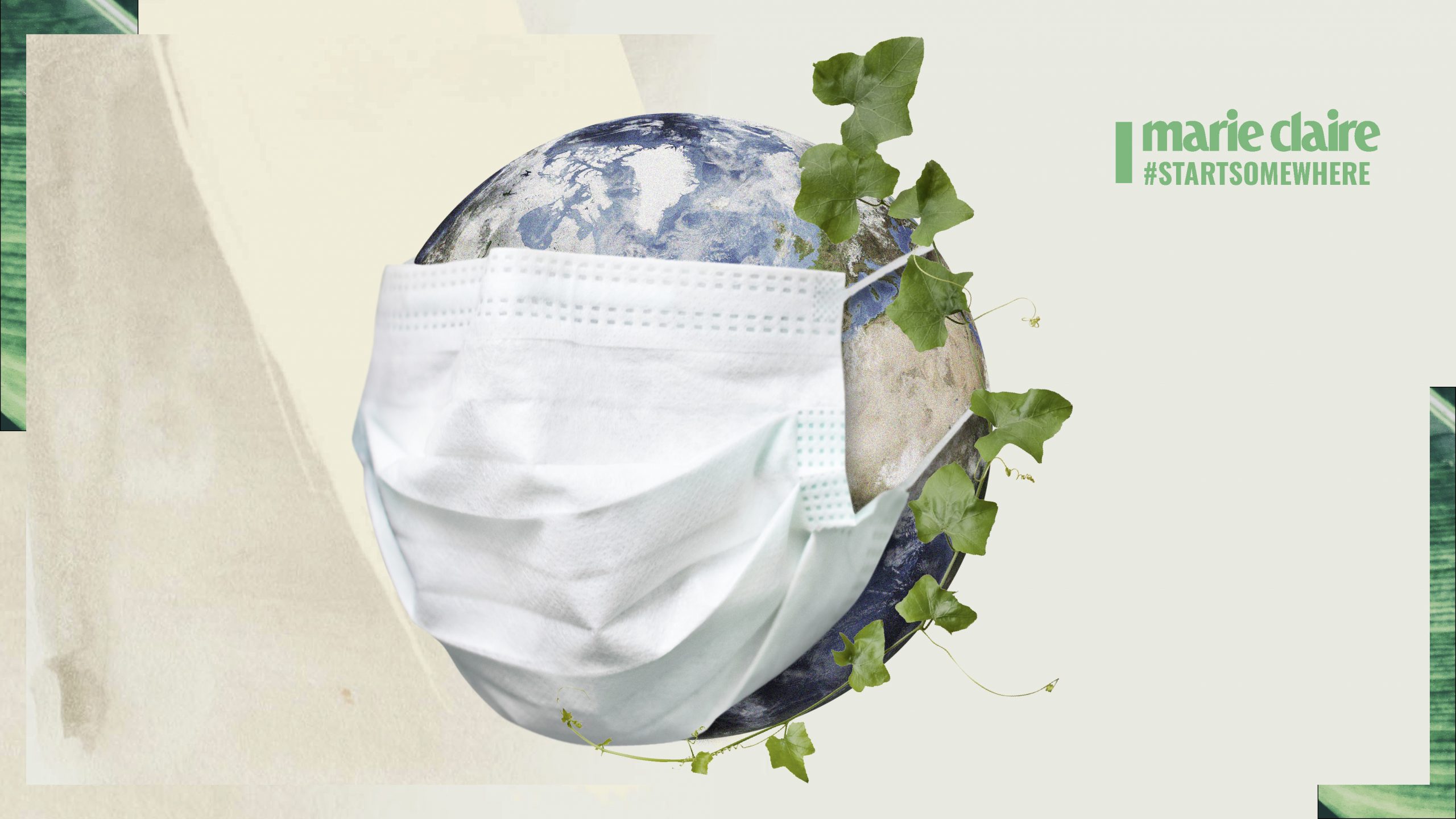 How COVID-19 made us forget our morals on plastic
How COVID-19 made us forget our morals on plasticPre-pandemic, we cared about our habits of plastic use. Lockdown changed all that - but it's not too late to continue the fight
By Olivia Adams
-
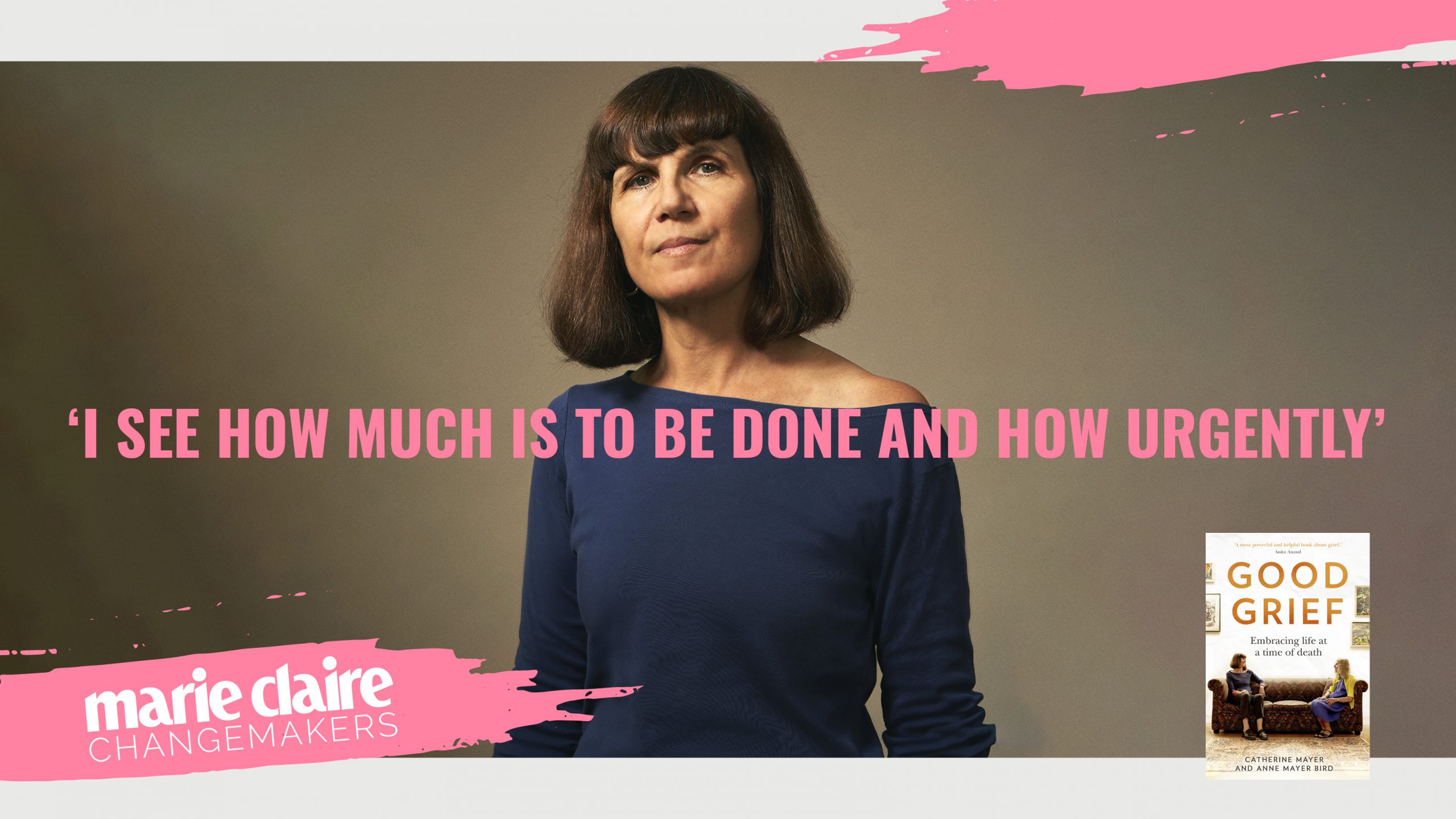 Catherine Mayer on women's rights: 'I see how much is to be done and how urgently'
Catherine Mayer on women's rights: 'I see how much is to be done and how urgently'Co-founder of the Women's Equality Party, Catherine Mayer, was married to influential musician Andy Gill until his death in Feb 2020. This International Women's Day, Mayer shares with affecting honesty how grief adds clarity to her life-affirming activism
By Maria Coole
-
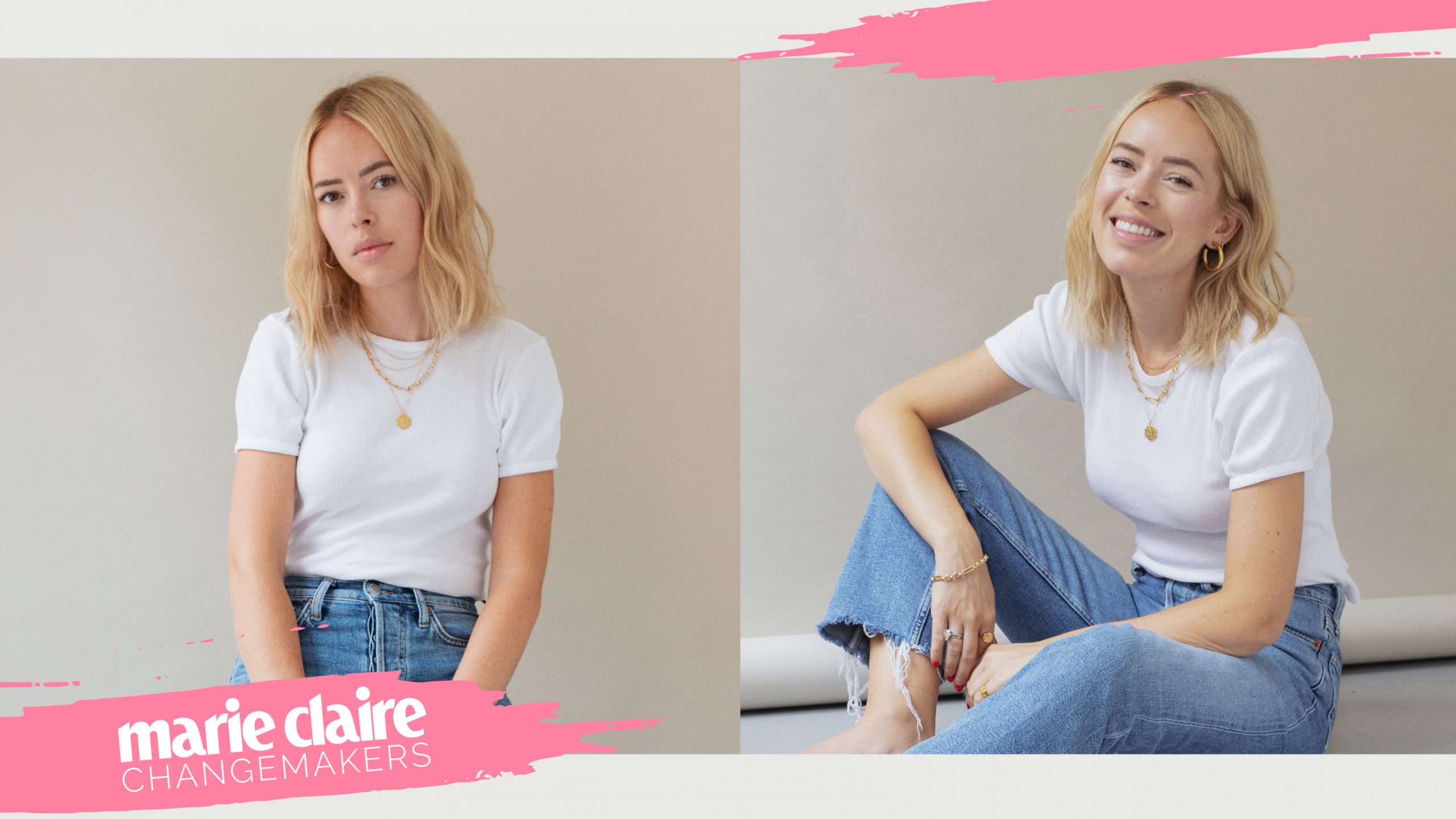 Tanya Burr shares her top 6 resources for educating yourself - and growing - this IWD
Tanya Burr shares her top 6 resources for educating yourself - and growing - this IWDThe theme of this International Women's Day is Choose to Change - let Tanya help you become a change-maker with her top resources.
By Ally Head
-
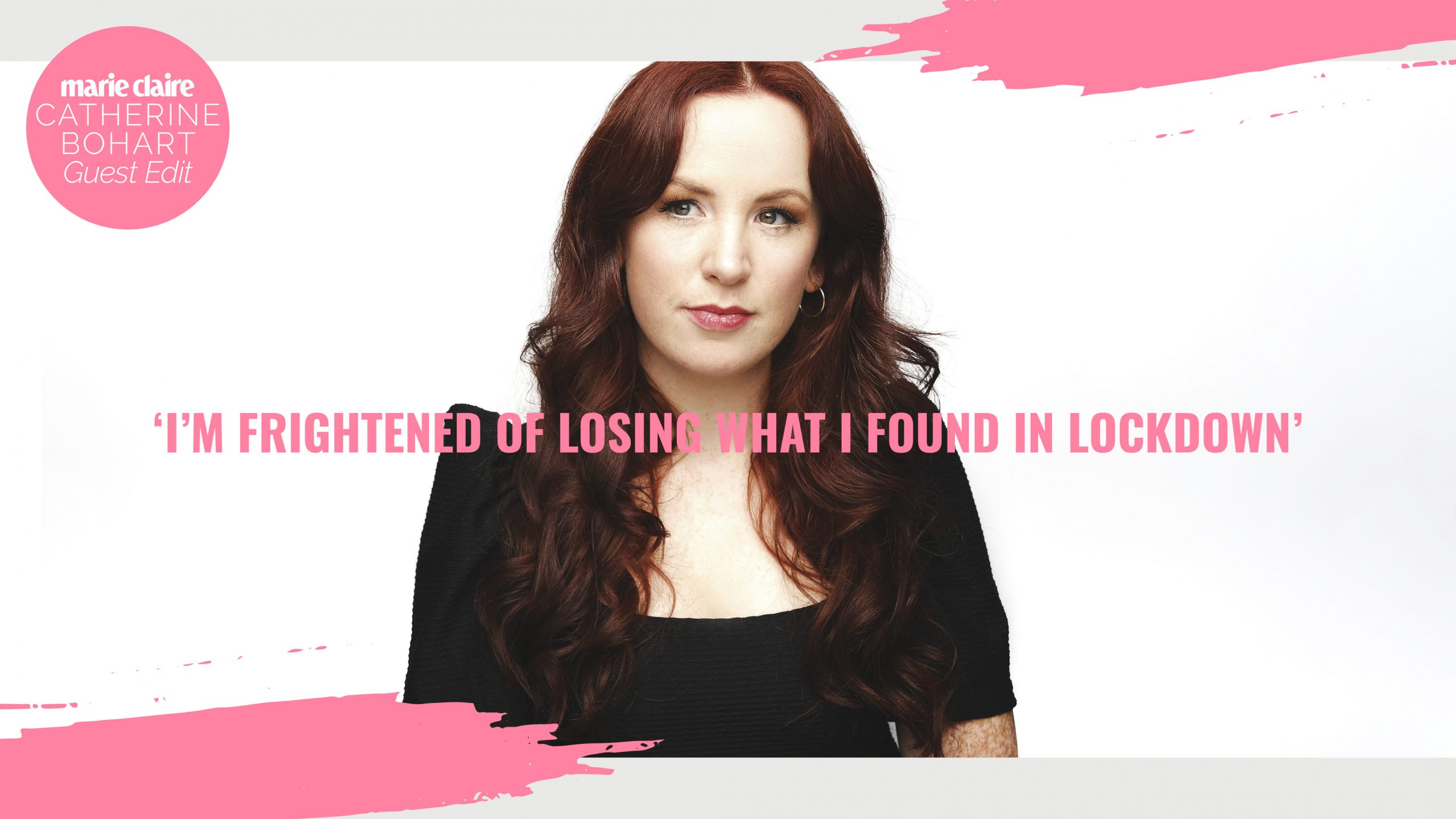 Catherine Bohart: 'I’m frightened of losing what I found in lockdown'
Catherine Bohart: 'I’m frightened of losing what I found in lockdown'Award-winning writer and comedian Catherine Bohart shares what her own lockdown mental health journey helped her discover
By Sophie Goddard